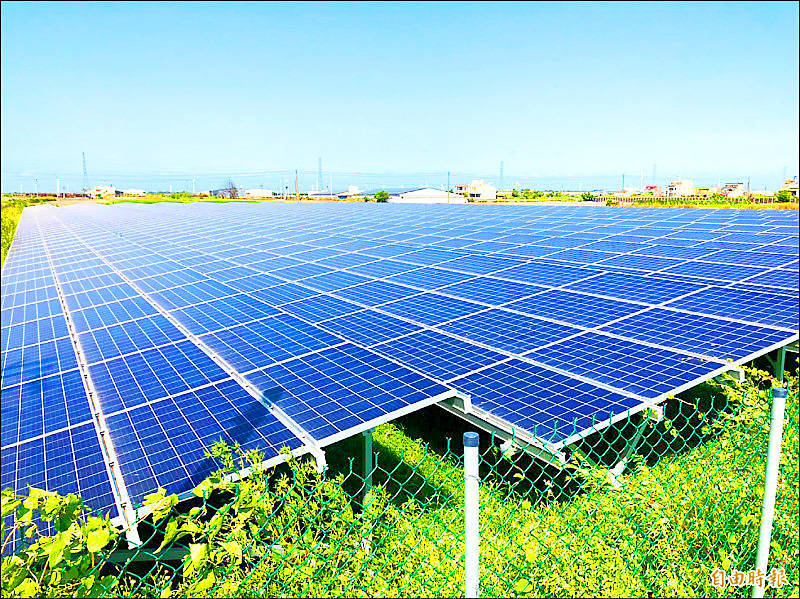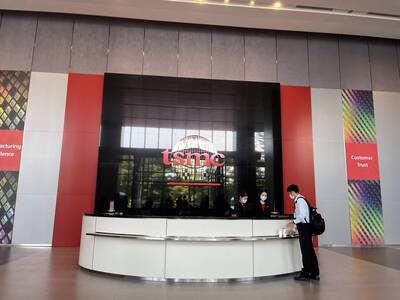《TAIPEI TIMES》China-made green energy parts carry risks: expert
NATIONAL SECURITY: The government should produce a white list or blacklist of Chinese products so that people know which Chinese products to avoid, an expert said
By Hong Rui-ching / Staff Reporter
A national security crisis could occur due to a high percentage of China-made inverters installed in Taiwan’s solar energy systems, and lawmakers should keep the Ministry of Digital Affairs (MODA) and Taiwan Power Co (Taipower) in check over the issue, an information security expert said on Friday.
National Cheng Kung University electrical engineering professor Li Jung-shian (李忠憲) said in a post on his Facebook page that although laws specifically state that key infrastructure may not contain devices or equipment that would endanger national security, inverters — devices that convert direct electricity generated by solar panels into alternating electricity used by power grids — made by China-based Huawei Technologies Co were predominantly installed in Taiwan’s solar energy systems.
“Power facilities are key infrastructure,” Li said. “Since the equipment made by Huawei is cheaper than devices manufactured by Taiwan’s Delta Electronics, and the MODA does not ban the use of devices made by Huawei, people continue using them after taking the costs into account,” he said.
However, it is not clear what Huawei’s inverters could do in crucial moments, he said.
“National security requires high standards and costs. Legislators who are concerned about national security issues should ask Taipower and the Administration for Cyber Security at the ministry how they plan to handle inverters made by Huawei,” he said. “The ministry receives more than NT$20 billion [US$627.9 million] in funding per year, and it should resolve this type of issues.”
The government should have either a white list or a blacklist of Chinese products, so that people know what to or not to use, Li said.
Without a list, the ministry is practically encouraging everyone to find the cheapest inverters to use, he said.
“Taiwan is expanding the development of green energy. If green energy cannot be used in key moments, I am afraid that the entire Taiwan, including the Taiwan Semiconductor Manufacturing Co, would be in a miserable condition,” Li said.
“If solar energy systems with Chinese inverters generate about 5 percent of the nation’s electricity, and the inverters make it possible to monitor the operation of the system remotely, the system could be set to shut down simultaneously,” Lin said. “Other power generators can shut down as well, and this is a serious national security problem.”
In 2021, inverters made by Huawei were reported to have been installed to the solar panels on top of a building in the Legislative Yuan, which generated concerns about information security breaches.
The Legislative Yuan at the time said its solar energy systems had been procured in April 2017 in accordance with relevant regulations. The inverters were later removed.
新聞來源:TAIPEI TIMES


















